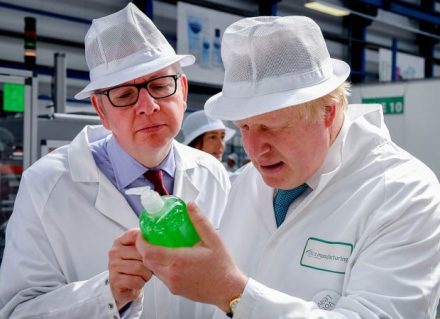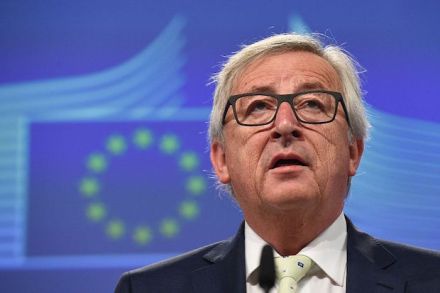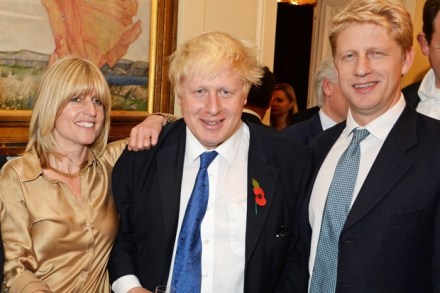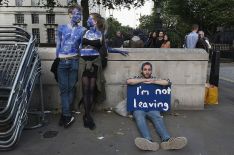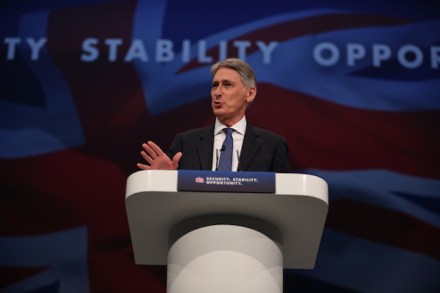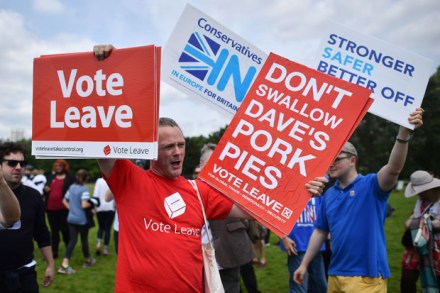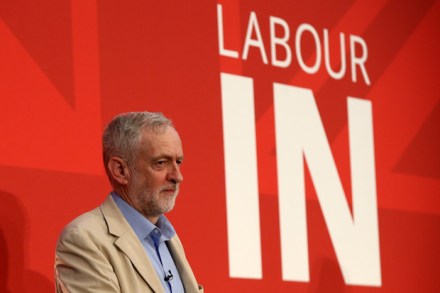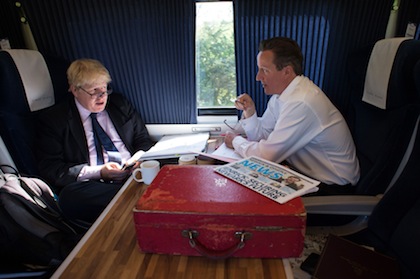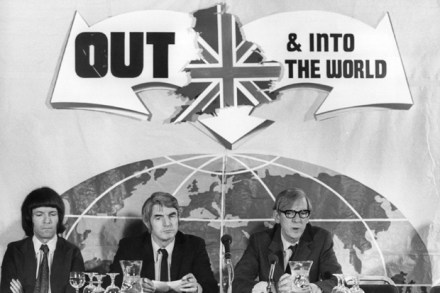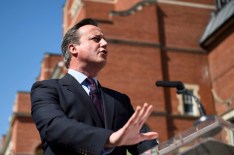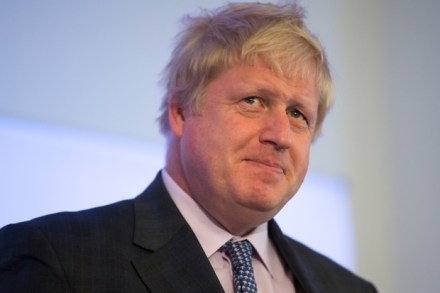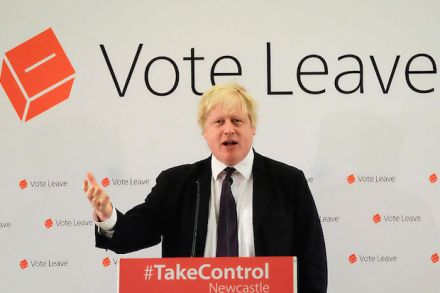Forget the fighting. We’re entering a period of unparalleled opportunity for the Tories
Auf wiedersehen, Boris. He’ll be back, like a blond, bloated Voldemort inhabiting another life form – Top Gear host? Archbishop of York? Or endless BBC camping tours of Britain on a bike, the Portillo of the Portacabin? As Boris’ agent collects the offers – and his publishers are still owed a Shakespeare biography by the end of this anniversary year – he leaves behind him a Conservative Party scarred but resilient. There’ll be recriminations this week. Yet there’ll also be enduring relief, as one of Britain’s oldest institutions finds itself finally free of wrangling Etonians, chaps whose Brobdingnagian entitlement so undermined the gospel of One Nation inclusivity that both presumed
